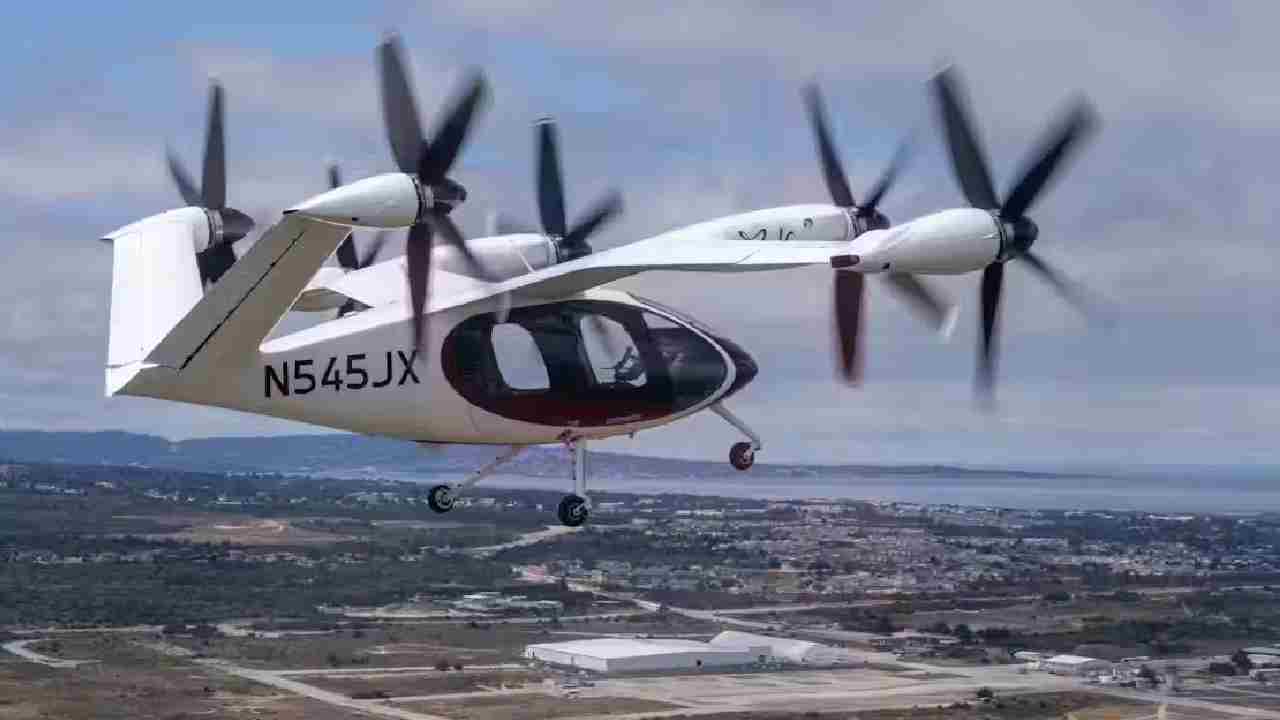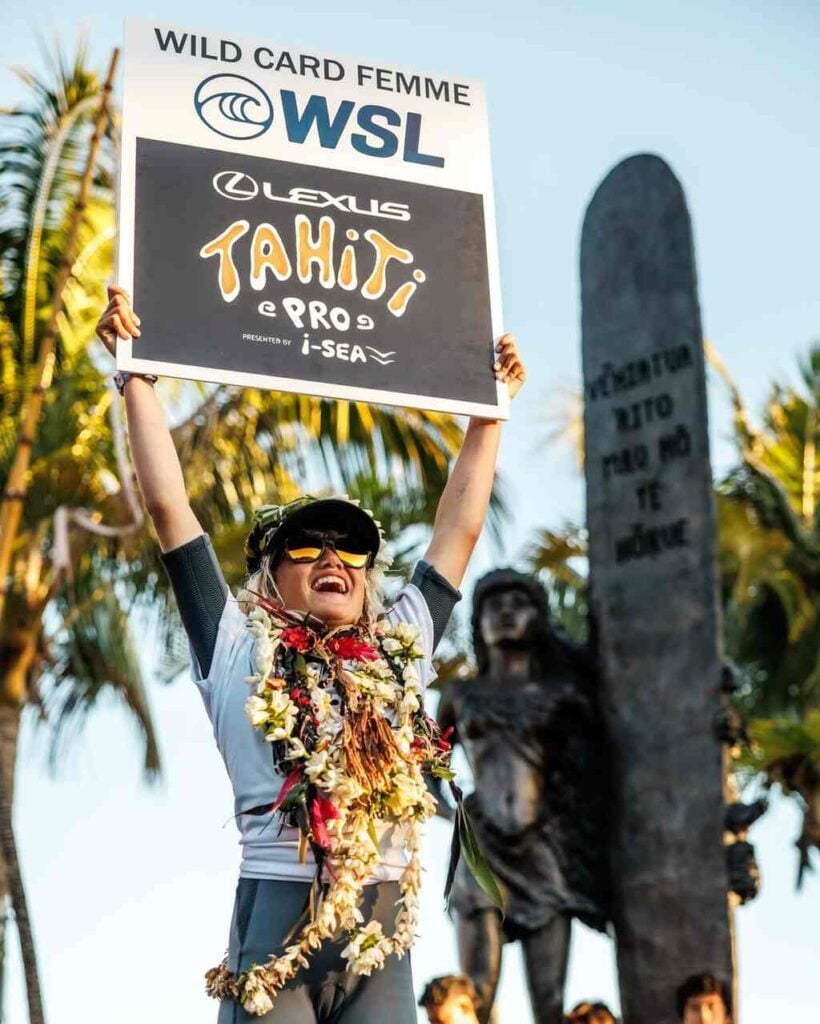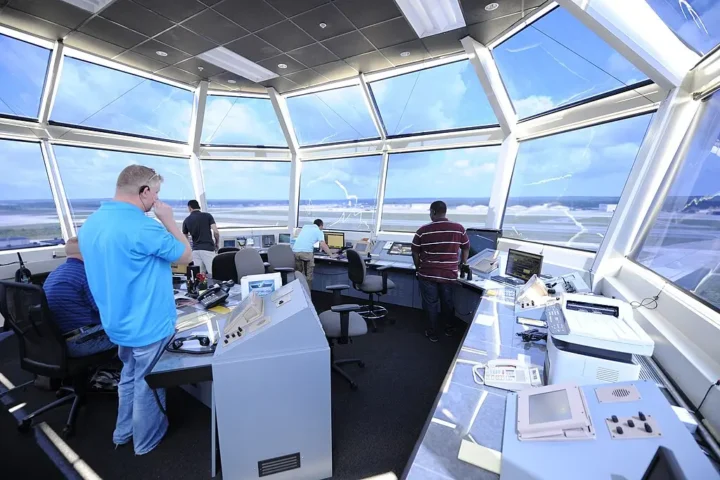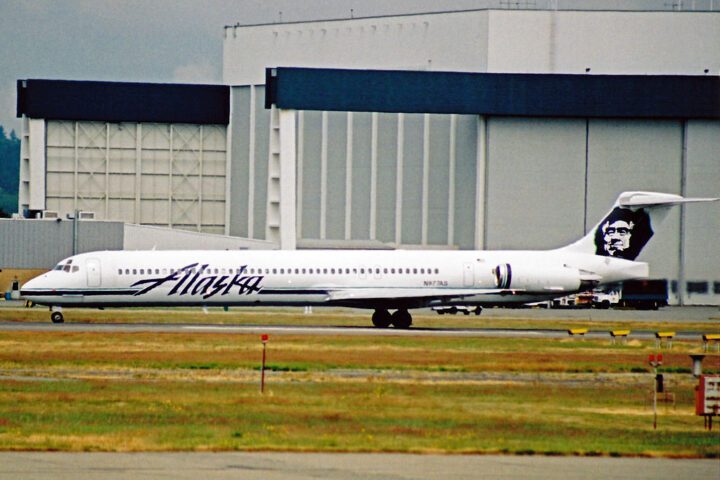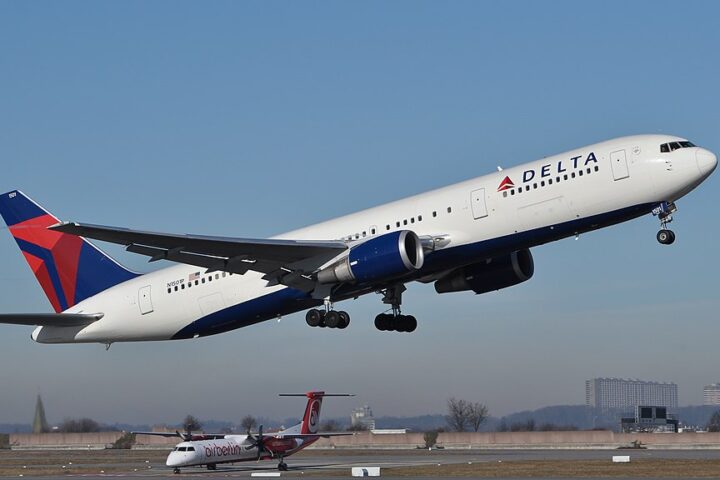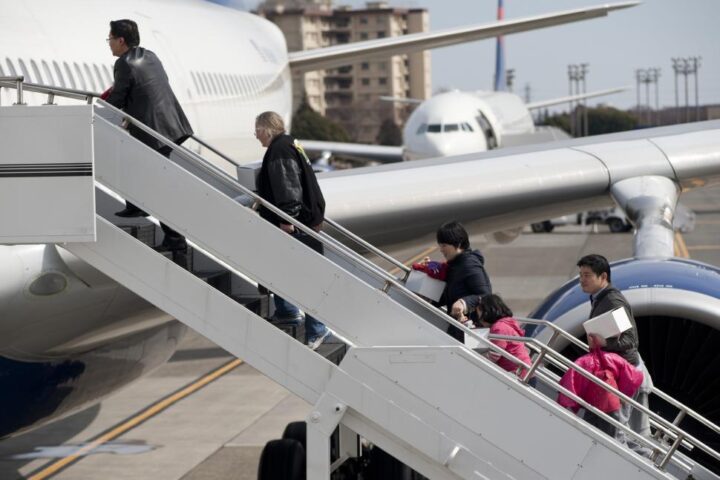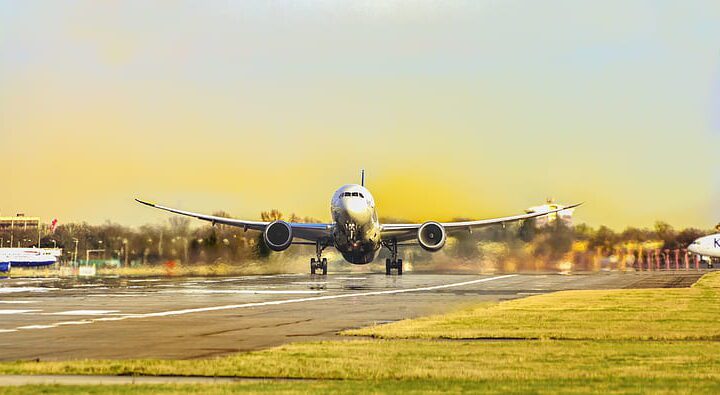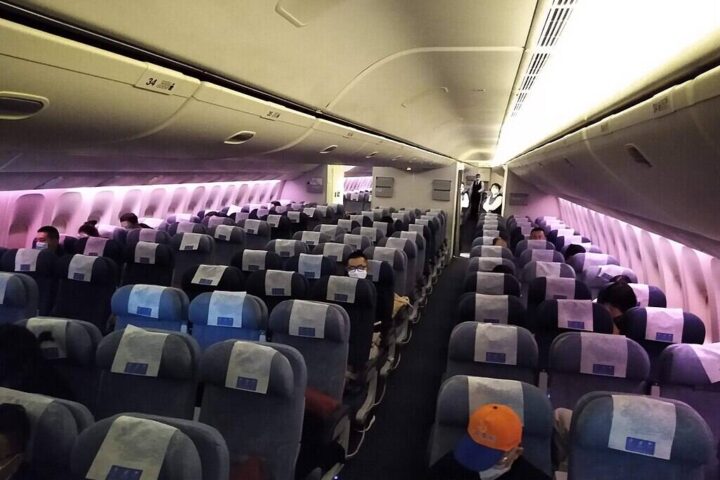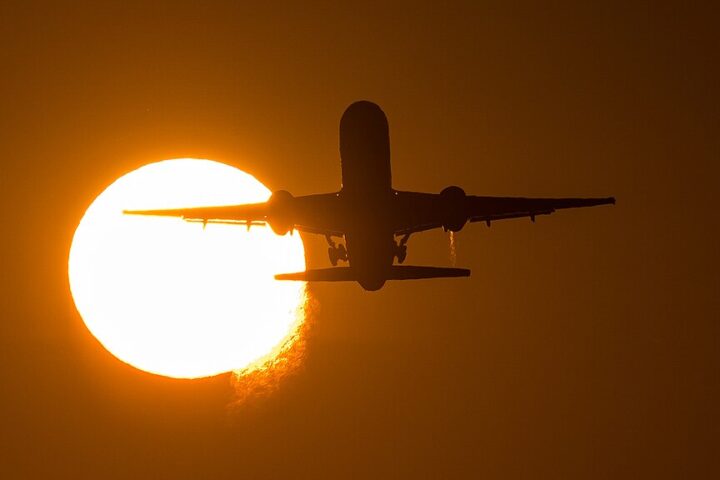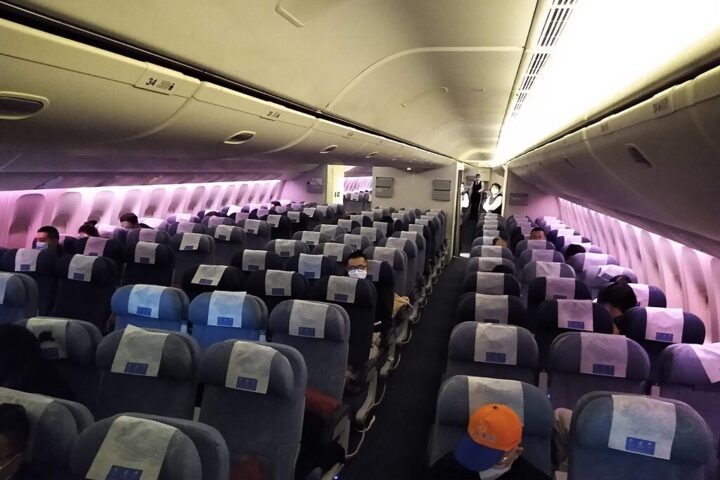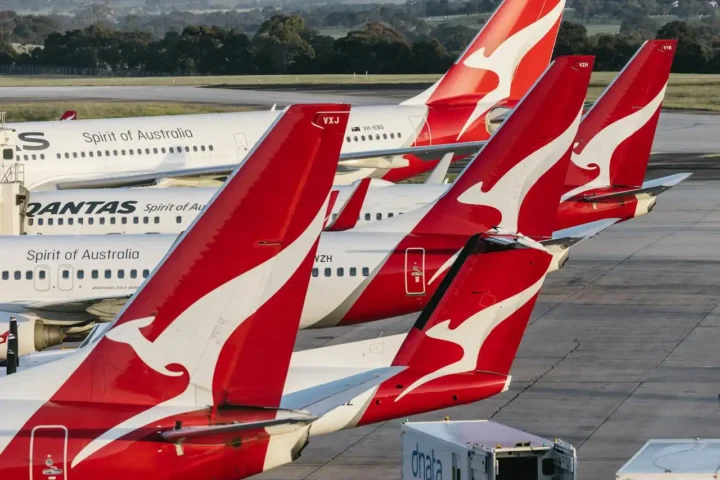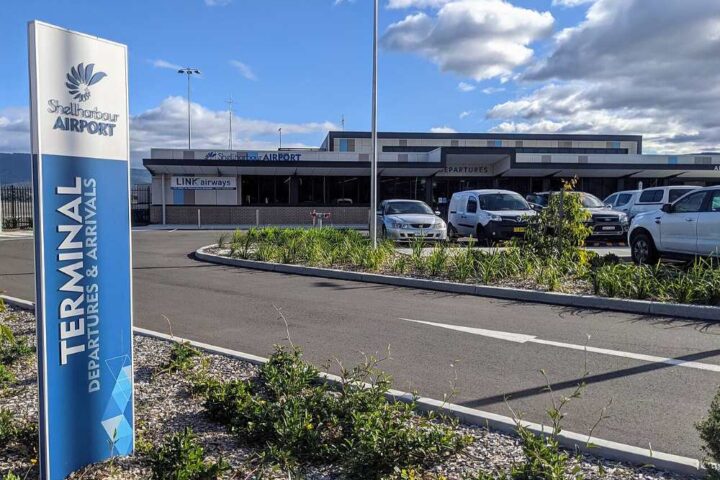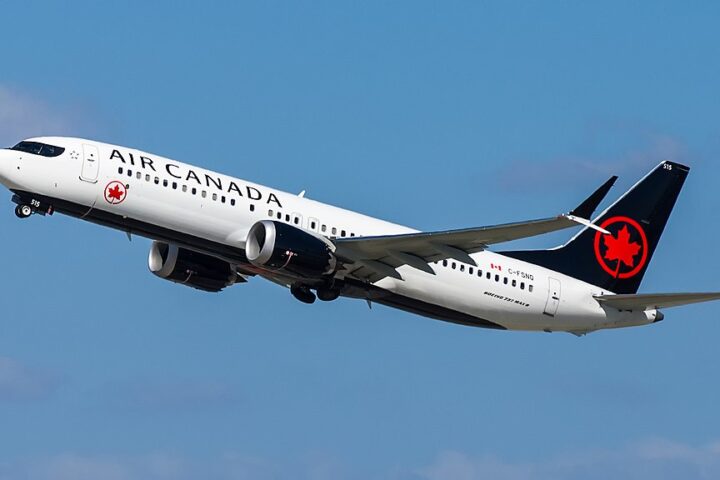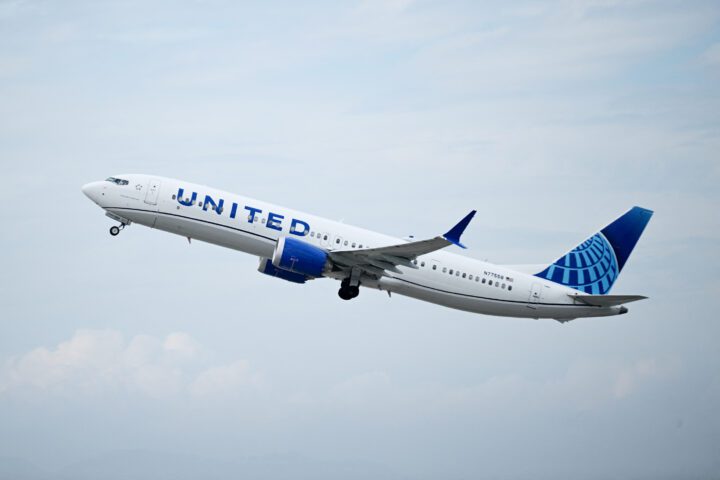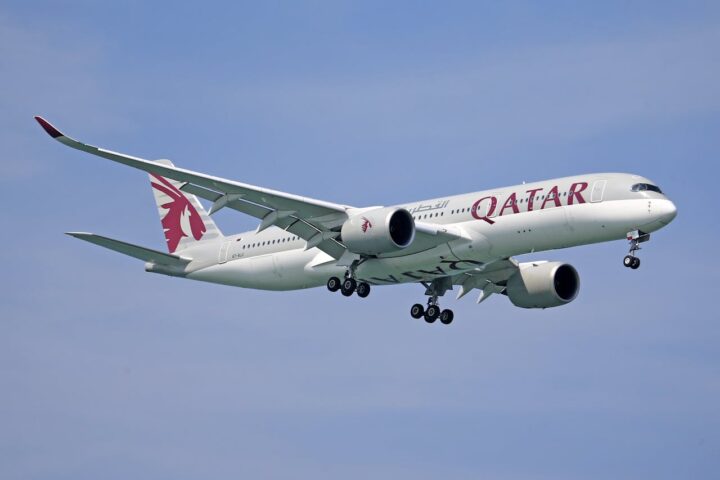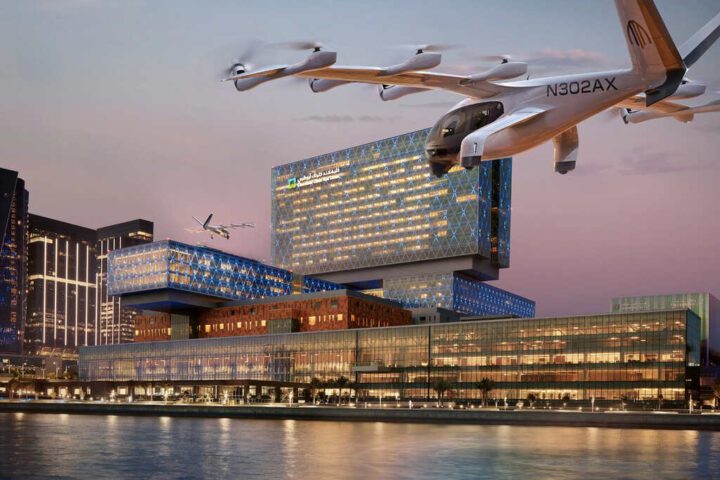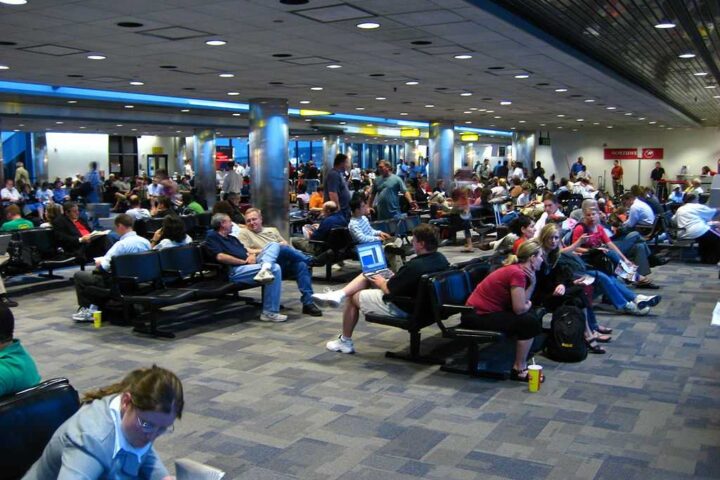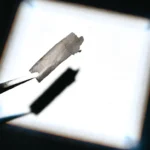Joby Aviation has acquired Blade Air Mobility‘s passenger business for up to $125 million, setting the stage for faster deployment of electric air taxis in urban markets. The deal, announced August 4, 2025, includes all Blade passenger operations in the U.S. and Europe, along with the Blade brand.
The acquisition gives Joby immediate access to a network of 12 urban terminals in key locations, including dedicated lounges and terminal bases at John F. Kennedy International Airport, Newark Liberty Airport, and multiple Manhattan locations. Blade flew more than 50,000 passengers in 2024, providing Joby with a ready customer base for its planned electric air taxi service.
“This is a strategically important acquisition that will support the successful launch of Joby’s commercial operations in Dubai, our subsequent global rollout and our continued leadership in the sector,” said JoeBen Bevirt, founder and CEO of Joby Aviation.
Under the agreement, Joby will pay either stock or cash, with $35 million contingent on meeting performance milestones and retaining key employees. Blade founder and CEO Rob Wiesenthal will continue leading the passenger operations as a wholly-owned Joby subsidiary.
Blade’s medical organ transport division isn’t included in the deal. This business will remain a separate public company, rebranded as Strata Critical Medical, and will partner with Joby on medical transportation.
The acquisition arrives as Joby progresses through the Federal Aviation Administration’s certification process for its electric vertical takeoff and landing (eVTOL) aircraft. The company is targeting FAA Type Inspection flight testing in early 2026, a critical step toward receiving certification for commercial passenger service.
Joby’s electric air taxi is designed to carry a pilot and four passengers at speeds up to 200 mph with a range of 100 miles. The aircraft produces minimal noise compared to helicopters and generates zero operating emissions. By integrating Blade’s existing infrastructure and gradually transitioning passengers from conventional helicopters to electric aircraft, Joby aims to accelerate commercialization while reducing infrastructure investment and customer acquisition costs.
Similar Posts
Wiesenthal noted there will be a transition phase where the combined company will operate both helicopters and Joby aircraft before eventually shifting entirely to electric air taxis.
The transaction represents significant consolidation in the urban air mobility sector. Market reaction was positive, with Blade’s shares surging approximately 28% and Joby’s rising about 14-16% following the announcement.
Joby’s acquisition strategy follows its recent manufacturing expansion, including a facility near Dayton International Airport in Ohio. The company plans to build and test critical components in Dayton while eventually constructing a larger facility capable of producing up to 500 aircraft annually.
The eVTOL industry continues to evolve rapidly, with Joby leading certification efforts among competitors. The company has completed three of the five stages in the FAA’s type certification program and is over 40% through the fourth stage, positioning it as a frontrunner in bringing electric air taxis to commercial service.
The deal also strengthens Joby’s position in both commercial and military applications, with the company recently announcing a partnership with L3Harris Technologies to develop hybrid VTOL aircraft for defense purposes. This diversification, along with ongoing investment from Toyota, underscores Joby’s comprehensive approach to establishing leadership in advanced air mobility.
